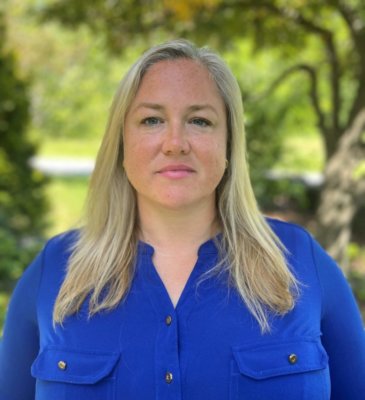Swimming in the alphabet soup of state government
I now live in the land of acronyms and abbreviations. ARPA, ESSR, GOMA, EGWP, TIF, ADS, VIC, USGS. If you have some spare time, look up all of those things and I’ll quiz you next time I hold a Chat with Chea gathering.
I was assigned to my first-choice committee here in the Vermont House of Representatives. Government Operations and Military Affairs (HGOMA) covers a wide range of topics, from the Department of Liquor and Lottery to municipal government to elections to open meeting laws to military and police to public safety to the Cannabis Control Board and so many other things. I like it because it covers a broad array of topics, touches on issues that are important and is also interesting to me personally.
 Our first bill in HGOMA was one of the first to hit the floor of the House and Senate — an extension of temporary laws that were in place for the past two years because of COVID. H.42 allows municipal governments to, among other things, hold votes by Australian ballot and hold meetings online.
Our first bill in HGOMA was one of the first to hit the floor of the House and Senate — an extension of temporary laws that were in place for the past two years because of COVID. H.42 allows municipal governments to, among other things, hold votes by Australian ballot and hold meetings online.
It also allows towns to move their town meeting date and requires that they record any public meetings. The bill passed in both chambers, and while I’m writing this, Jan. 24 at 11:45 a.m., it’s on the governor’s desk waiting for a signature. The bill is urgent because towns are legally obligated to warn voters before town meeting, and there are printer deadlines for the town report.
I had no idea that basically everything your state government does is online. If you’re so inclined, you could watch all the committee meetings live all day on YouTube or watch them at night instead of Netflix or football. It’s equally as entertaining. Each chamber of the General Assembly has its own YouTube channel, as does every committee. And the website has every document we review, every PowerPoint presentation we watch and the progression of every bill as it makes its way through.
I’ve so far cosponsored two bills: H.66, which introduces paid family and medical leave insurance, and H.89, which is a shield law protecting healthcare providers and others who provide reproductive or gender-affirming healthcare. I feel quite strongly that both bills will have a profound positive effect on the life of Vermonters and are in line with what Charlotte and Hinesburg voters want — I’ve heard a lot from people about these issues.
The other topics I’ve heard the most about from constituents are the governor’s proposal to move health care pension benefits to a program called Medicare Advantage and cannabis. The Medicare Advantage issue isn’t solvable by the legislature at this point; since it comes from the executive branch, the best way to get your voice heard is to contact the governor’s office.
My understanding regarding cannabis growers and planning and zoning is that the state’s laws are intentionally left somewhat open in order to allow municipalities to mow their own path — with the clear directive that towns can’t make so many restrictive laws that it effectively makes it impossible to grow cannabis. There are a whole lot of unknowns here, particularly since until recently, it wasn’t legal to grow cannabis in Vermont, and it’s still not legal on the federal level. As a decision-maker, I like to rely on facts, figures and data as much as possible. Unfortunately, in this industry, there aren’t a lot of those to rely on yet because it’s so new. I’ll let you know more about this as things progress.
I had fun this week at the Charlotte Senior Center holding an informal drop-in; anyone is welcome from Charlotte or Hinesburg, or anywhere, really. We had great discussions about compost, cannabis, vehicle inspections, zoning laws and more. I’ll be doing it again on Feb. 27 at 1 p.m., and I’d love to see you. Call or text any time at 917-887-8231 or email me.

